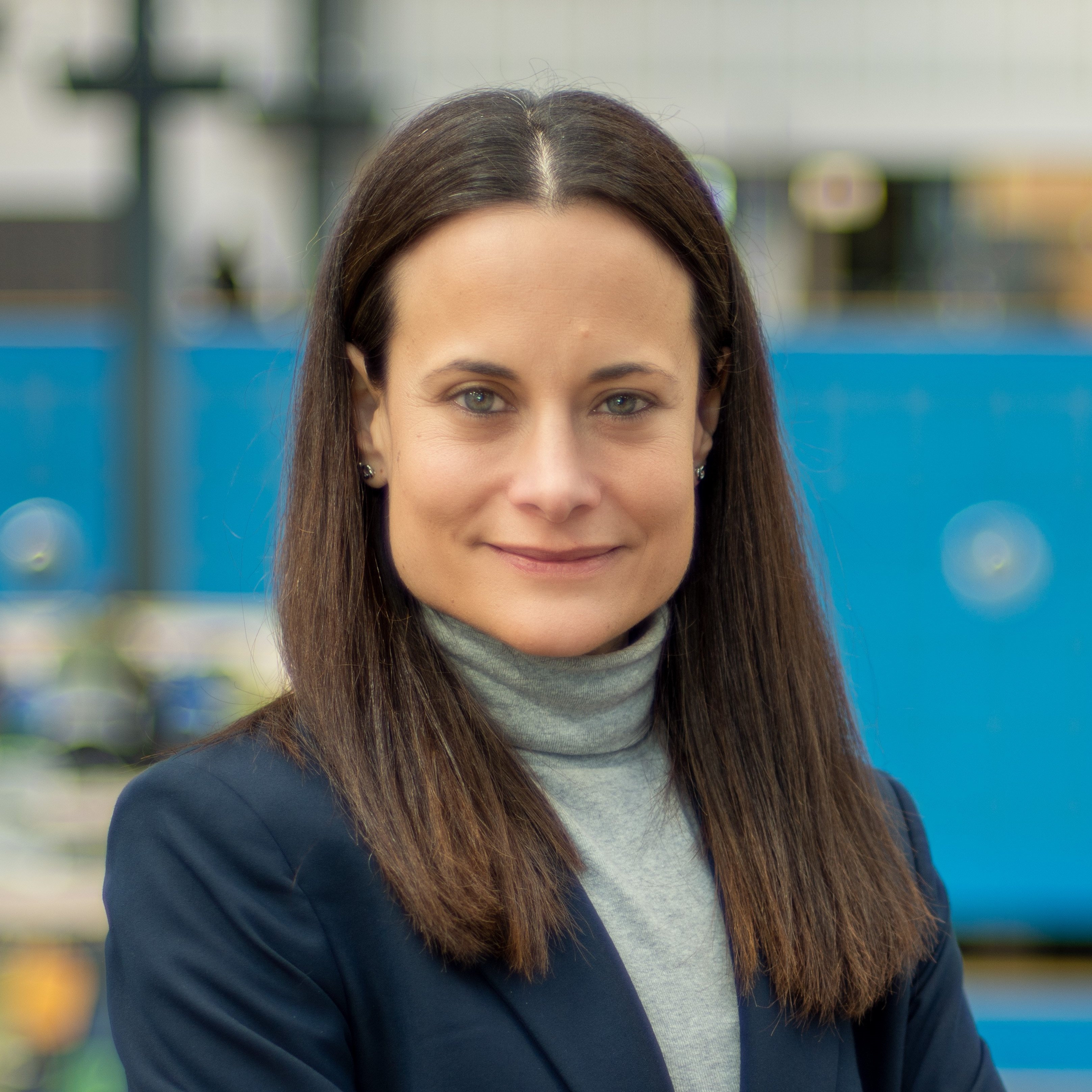Mar Pérez-Fortes | Delft University of Technology
Exploring the implementation of CO2 electrolysis for syngas production: scaling strategies and trade-offs
Co-electrolysis of H2O and CO2 at low and high temperatures remains in its early stages of development, but yet, has the potential to support the chemical industry transition towards net-zero greenhouse gas emissions. CO2 (co-)electrolysis (CO2E) involves distinct trade-offs; for instance, CO2 origin, purity and availability, electrolysis scalability and (optimal) operating conditions and integration with intermittent renewable electricity sources. Synthesis gas, or syngas, is a mixture of H2 and CO at different fractions. It can be used to generate power or as a versatile platform or chemical building block for various products. High-temperature co-electrolysis in a solid-oxide electrolyser (SOE) converts steam, CO2, and electricity into syngas at high efficiency and is currently at TRL 5-6.
What if syngas is produced in electrolysers? What would be the plant configuration and size? The current work focuses on solid-oxide electrolysis to produce syngas at different H2:CO fractions, for different applications. We use a mathematical model to understand the best implementation strategies when combining electrolysis, batteries, and renewable electricity generation for syngas production and a process model including CO2 and water purification. Overall, the purpose of this work is to understand efficient implementation scales (matched with wind and/or solar power) and their impact on the electrolysis-based plant costs.
Biography
Dr. Mar Pérez-Fortes is an assistant professor at the Technology, Policy and Management Faculty of the Delft University of Technology. She received her Master of Science in Industrial Engineering (Spain) and her Master in International Business Administration (Spain). She finished her PhD in Chemical Engineering in 2011 (Spain - UPC-BarcelonaTech). After a postdoctoral position in USA (at UC Irvine and UConn), she joined the Joint Research Centre (the Netherlands) in 2013, up to 2016. In 2017-2020, she was a scientist in Switzerland (EPFL).
Her research is dedicated to clarifying the pathways for implementing alternative technologies aimed at reducing fossil fuel dependency in the industrial sector, taking a systemic perspective. She focuses on assessing the techno-economic, environmental, and social aspects of emerging technologies such as CO2 capture and utilisation, bio-based processes, electrolysers and fuels cells. She primarily utilises methodologies in process systems engineering, operations research, and humanities and social science.
